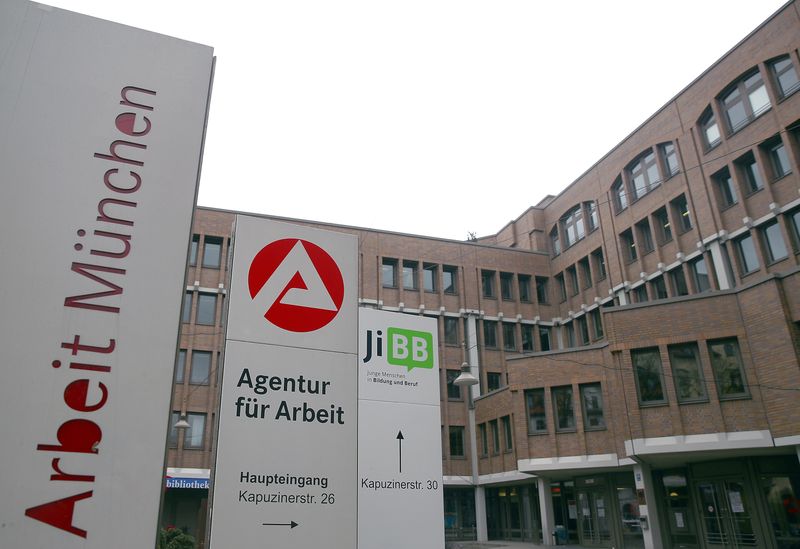Slovenia's inflation rate slows to 2.6% in September
PositiveFinancial Markets

Slovenia's inflation rate has decreased to 2.6% in September, marking a significant improvement in the country's economic stability. This decline is important as it indicates that the cost of living pressures may be easing for consumers, potentially leading to increased spending and confidence in the economy. Such positive trends can foster a more favorable environment for businesses and investments, ultimately benefiting the overall economic landscape.
— Curated by the World Pulse Now AI Editorial System
















